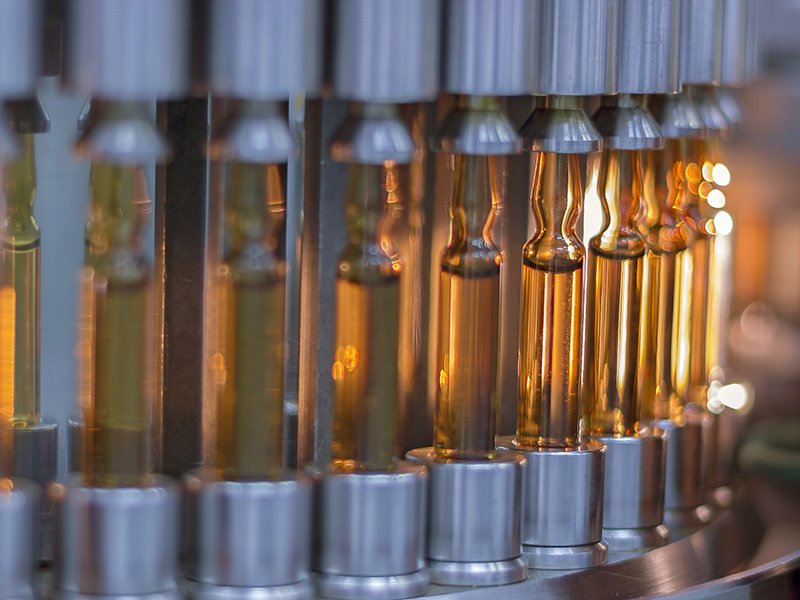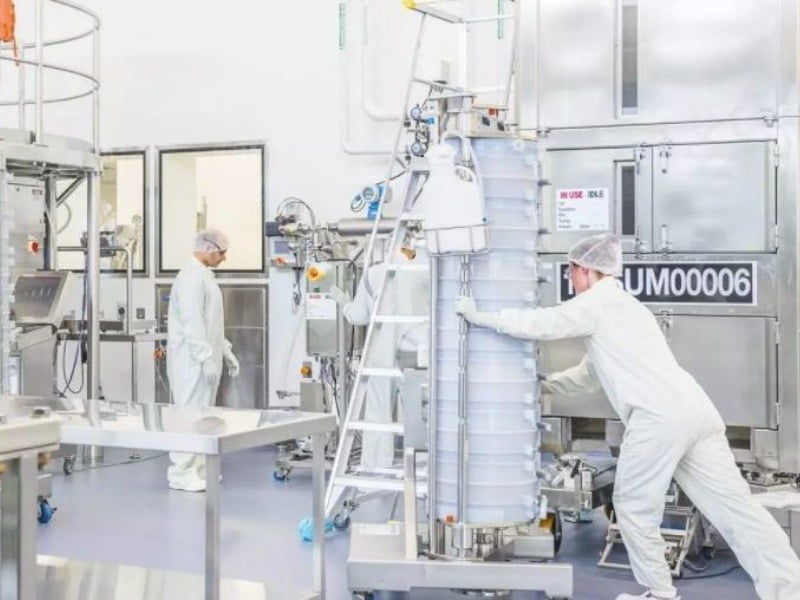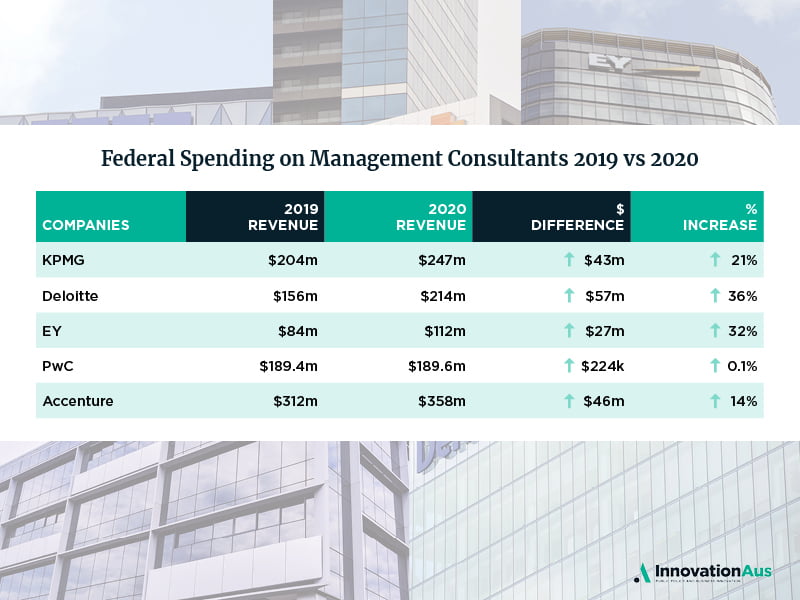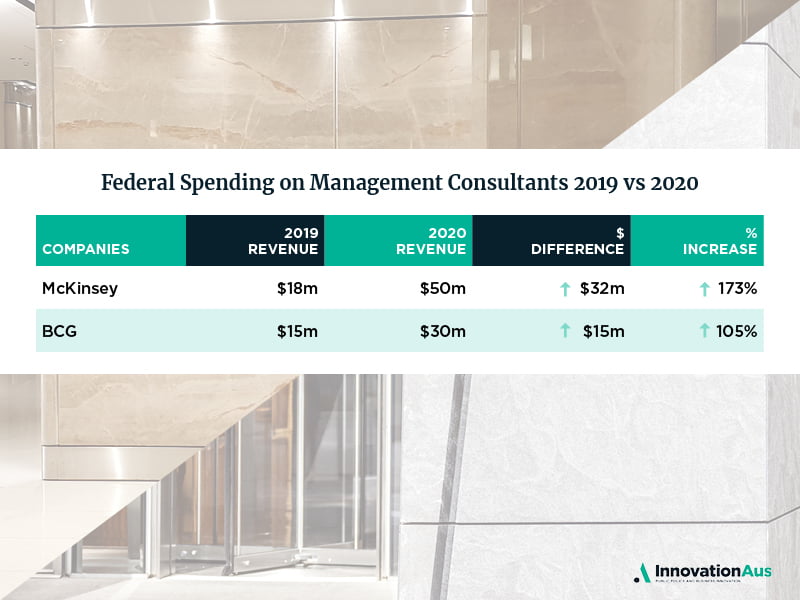The national audit office will put a spotlight on Australia’s troubled vaccine rollout, with an inquiry to report back early next year.
The Australian National Audit Office (ANAO) has launched an audit into the vaccine rollout, which has been plagued by delays, supply issues and concerns around a reliance on labour hire and private consultants.
The ANAO will accept submissions on the issues until 30 January 2022, and is expected to table its report in April next year.
“The objective of this audit is to assess the effectiveness of the planning and implementation of the COVID-19 vaccine rollout,” the ANAO said.

Australia’s vaccine rollout began in February. More than 10.5 million people have had at least one dose and more than 6 million people are fully vaccinated. The federal government initially planned for all Australians to have received both doses by October, but has since revised the target.
The audit will specifically be looking at whether the vaccine rollout has been effectively planned, if effective governance arrangements have been established to manage it and if the rollout has been effectively implemented.
The audit will likely look in-depth at Department of Health decisions around vaccine supply and sourcing, along with eligibility criteria and advice to individuals on receiving the vaccine.
It will also cover the Department of Health’s use of private consultants to assist with the vaccine rollout.
On Christmas Eve last year the Department announced that multinational consultancies PwC and Accenture had received significant contracts to assist with the vaccine rollout.
PwC is being paid nearly $1 million each month this year as part of its role as the program delivery partner for the vaccine rollout, under a contract kept secret until this month, despite it being signed nine months ago.
PwC’s role in the vaccine rollout and what it has delivered remain largely unclear, as is how the consultancy is working with the vaccine taskforce stumped up recently by the federal government.
Accenture has received nearly $20 million from the Department of Health for data and software solutions in relation to the vaccine rollout. There are ongoing concerns about the level of data available on the vaccine rollout, and how this is being communicated to the public.
Fellow big four consultancy McKinsey was also paid nearly $2 million late last year to assist with the vaccine rollout, but this contract was also kept secret for several months.
McKinsey has also received more than $4 million to assist the Industry Department in its attempt to launch a local mRNA vaccine manufacturing capability.
The Department went to the market for such a facility in October last year, but is still yet to announce a successful bidder.
The public sector union has also criticised the Department of Health’s use of labour hire throughout the pandemic. As of the end of 2020, more than 15 per cent of the Department’s workforce was made up of labour hire, with 22 per cent of its salary budget being spent on contractors and consultants.
This means the Department is not building the necessary internal capability to respond to future crises, the Community and Public Sector Union has said.
The post ANAO to scrutinise Australia’s vaccine rollout appeared first on InnovationAus.
This post was originally published on InnovationAus.






